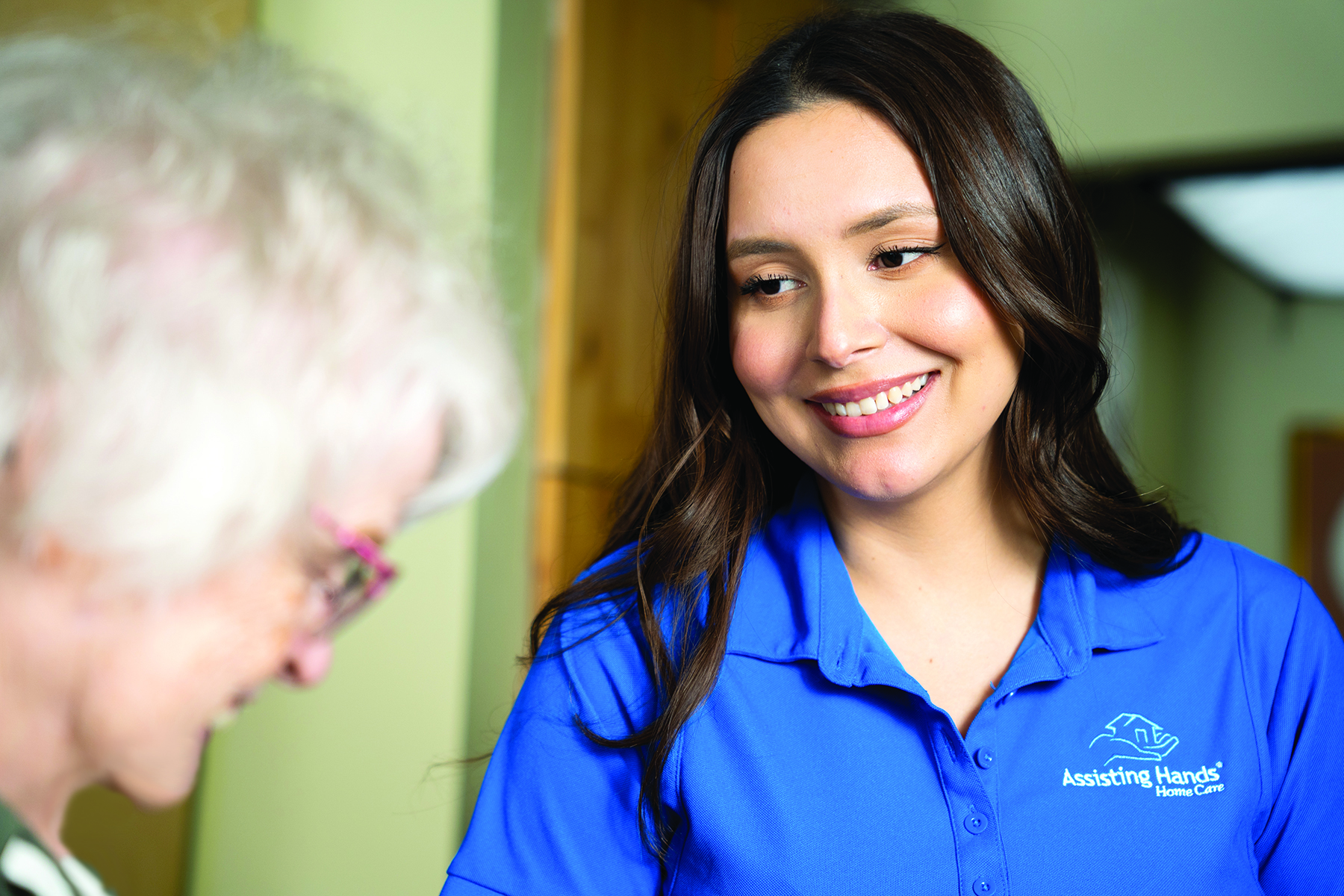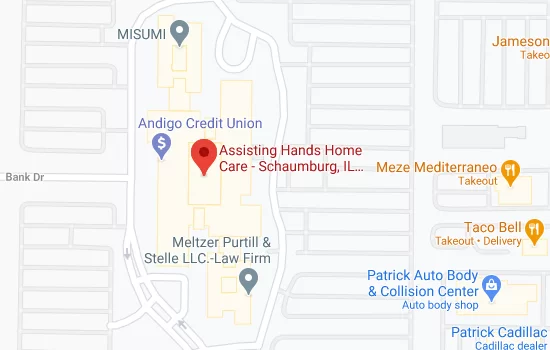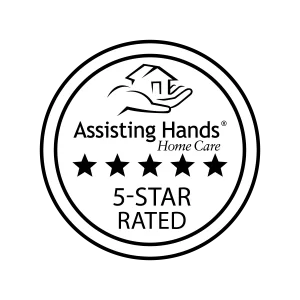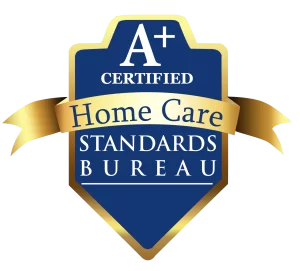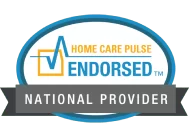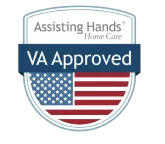You might suspect that your elderly parent needs help at home with activities of daily living, but how will you know for sure? How do you bring up the question of home care with your parents without offending or irritating them?
Just waiting for your parents to admit that they need elderly home care is not likely to happen. Seniors want to be in control of their lives for as long as possible and they don’t want to be a burden on their children or loved ones.
So how do you help your parents realize that they need help with daily tasks? Oftentimes you can’t. What usually happens is that the senior will have some sort of “wake-up call,” whether it is an injury from a fall or something more serious like a stroke.
It is impossible to tell when or if this will happen, but you can keep your eyes open for signs that your loved ones need in home care. You can start by monitoring their physical and mental abilities while you research different care options that your parents may need.
If your loved ones have a difficult time with the following activities of daily living, then they may need assistance:

- Eating
- Bathing
- Dressing and grooming
- Walking
- Toileting
You should also watch for sudden changes in their physical appearance that could signal that they need help soon:
- Sudden weight loss (unable to cook, eat, or handle grocery shopping)
- Poor hygiene (may have difficulty bathing and grooming)
- Evidence of falls such as bruises (may have difficulty moving throughout the home)
Warning Signs that Your Aging Parents Need Help as Soon as Possible
In addition to the changes discussed above, there are some physical clues around your parent’s home that can tell you of changes in their activities of daily living (ADL):
- Tasks they once enjoyed doing such as yardwork are no longer being completed
- The house is not as clean as it used to be
- The car is dented or scratched due to impaired driving ability
- There are stains on the carpet from spills
- Odors that may be a sign of incontinence
- Unpaid bills and unopen mail
You should also keep your eyes open for these behavioral changes:
- Lack of motivation
- Lack of drive
- Abusive verbally or physically
If you notice any of the signs below, your elderly parent or spouse could be developing dementia. Senior citizens with dementia need special considerations when it comes to providing care, whether in a care facility or with in-home care.
- Consistent memory lapses
- Loss of reasoning skills
- General confusion
- Difficulty recalling names of familiar people and places
- Personality changes
- Constantly misplacing things
- Inability to complete a sentence
- Rapid mood swings
How to Talk to Your Parents About Home Care
By now you are certain that your parents need assistance from home caregivers, but how do you talk to them about it? You must do this in a way that they themselves can identify the problem and understand that they need help to overcome the problem. And also what kinds of questions should you ask the caregivers?
This is easier said than done, but it is very important to help your parents understand that they need home health home care before they have their “wake up call” moment. The decision to get care must be made by your parents if they still have the mindset to make their own decisions.
Whatever type of care your parents may need, the change can be difficult for them, so it is important to handle this situation very carefully.
Contact Us
As soon as they are ready to accept help from a caregiver, give Assisting Hands Home Care a call at (224) 258-0736 and we will set up a free consultation to discuss their needs and schedule for home care services.

Daniela has master’s degree in electronic engineering with a pedagogical specialty and master’s degree in marketing management.
After completing her schooling, Daniela worked at a hospital for 6 years as the Director of Business Marketing Development and Public Relations.
Starting Assisting Hands Home Care
Daniela spent more than 14 years as the Assistant Vice President of a national bank before becoming a co-owner of Assisting Hands Home Care of Schaumburg.
Her background in public relations and marketing along with her personal experience caring for her mother motivates Daniela to be passionate about helping families in the Schaumburg, IL area find exceptional caregiving services for their elderly loved ones.
Besides providing home care, Daniela enjoys giving back to the community in her free time, supporting various events at St. Peter Parish in Geneva, IL such as fundraising, school projects, charity events, and more. She also enjoys volunteering for the Humanitarian Service Project in Carol Stream, IL. This organization provides seniors with meals as well as food and supplies for children living in poverty.


